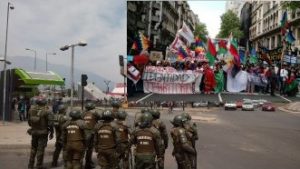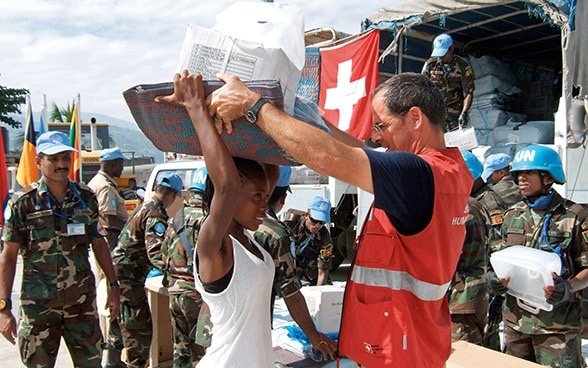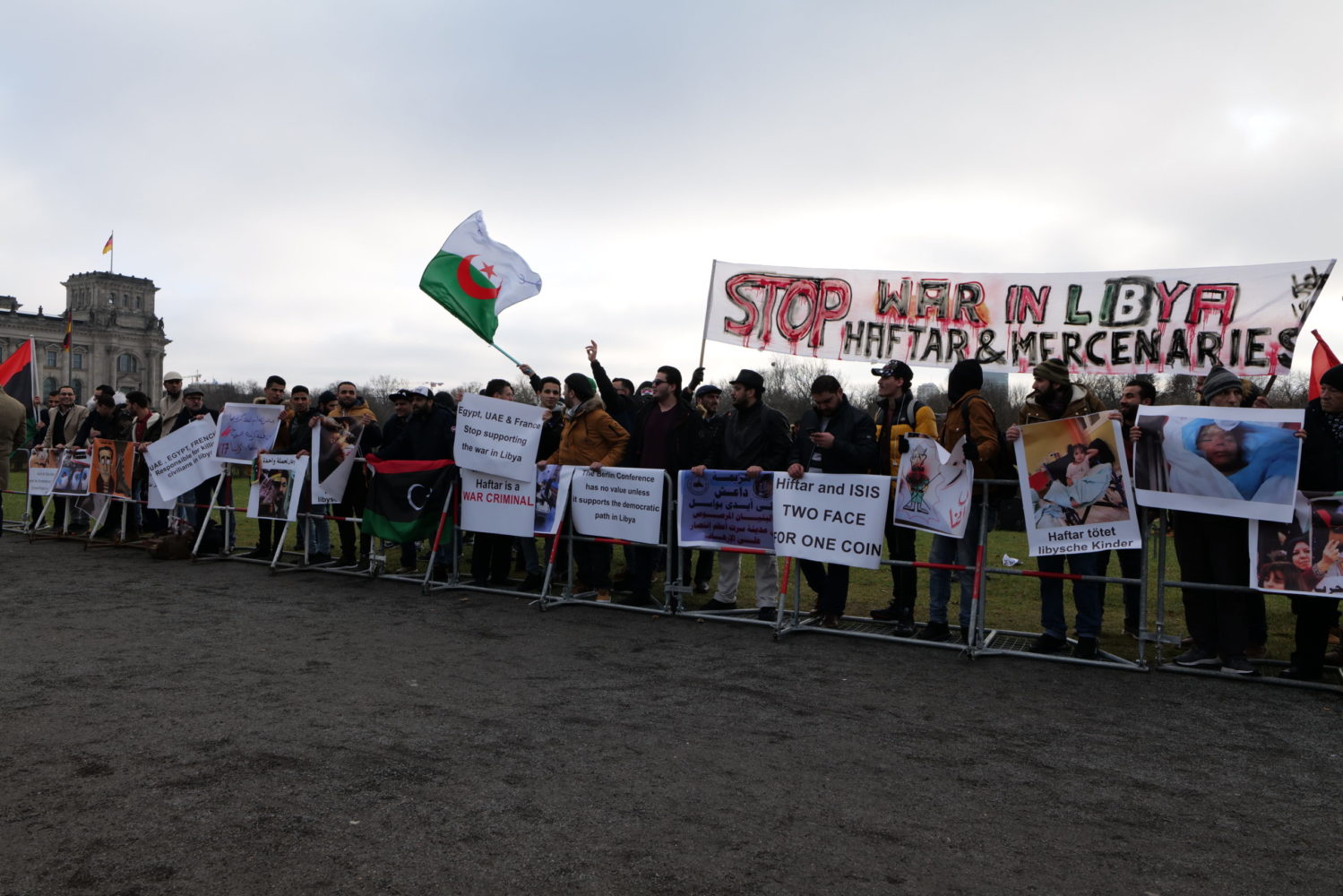Chile: Aggressive Response to Mapuche Conflict Likely to Threaten Stability in Chile’s Araucanía Region
By Gaia Renzi, Intelligence Division Intern of STAM Strategic & Partners Group Ltd, December 2019.
The current wave of social protests probably will aggravate the Mapuche conflict, leading to further violence in Chile’s Araucanía Region. Some of the more active Mapuche associations will follow this wave of protests to plead their cause. Since October 2019 there has been an escalation of popular discontent with the request of the abolition of the existing constitution, according to the BBC. Social and economic problems related to health care, education and pensions fueled discontent inChile that, starting as peaceful demonstrations, turned into another wave of violent clashes.
Mapuche organizations such as the Coordinadora Arauco Malleco and the Resistencia Ancestral Mapuche have a history over in the past decades of resorting to violent demonstrations to claim for their rights on the ancestral lands, according to the results deduced from the MACEDA database – the Mapuche-Chilean State Conflict Event Dataset. Peaceful demonstrations easily escalated into open clashed with the national guards.
State security law has been applied again, limiting political and social liberties, according to TeleSur. This probably will cause a worsening of the already fragile relationship between the Chilean government and of the indigenous minority, since Chile has been already found guilty of abusing the use of counter-terrorism law no. 18.314 in a discriminatory way with regards to the Mapuche population, according to the Inter-American Court of Human Rights.
The radical Mapuche groups in the Araucanía Region probably will disrupt the forestry, real estate, and construction industries there. STAM recommends that businesses operating in the region implement safety measures or work with a security company to protect employees and business assets. Personal or business travel in Santiago del Chile and in small-medium cities in the region of Araucanía, where demonstrations are most likely to take place probably are safe, but travellers should remain cautious and avoid demonstrations, which risk becoming violent. Small demonstrations in the countryside will be matched by further indigenous demonstrations in the capital to gain the attention of the government.
Radical Mapuche groups when? used incendiary devices to burn down houses, trucks, and forest plantations, according to BBC. Attacks have been directed at Chilean small-medium companies operating over the territories claimed by the Mapuche people. Two Chilean companies and their partners face significant risk because they own the majority of land and forestry plantations in the region: La Forestal Mininco controlled by the Matte Group and the Celco – Arauco of the Angelini Group, according to Reuters and Soy Chile, news blogswhose reporting is usually reliable.
The Pinera Government appears poised to take a more violent approach to public discontent, which probably will fuel demonstrations into 2020. Mapuche claims for land restitution and the dismiss of their requests will exacerbate the fight. A more comprehensive strategy, taking into consideration the Mapuche’s ethnic and social values will be key in order to open a concrete dialogue with the peaceful Mapuche factions. This willde-legitimize radical groups’ actions and pave the way for the solution of the Mapuche conflict.
The Pinera Government in June 2018 created a new special force called the Comando Jungla to address the resistance, according to The Santiago Times. The Comando Jungla has been trained by the United States and Colombia and has been equipped with drones and helicopters.
Pinera in 2018 also tried to implement a development plan in favour of Mapuche people but he addressed the issue in pure economical and developmental terms, misunderstanding the indigenous necessities and priorities. The Mapuche thus rejected the plan citing massive repressive and violent measures used by Pinera, blaming the criminalization of their community, the application of the anti-terrorism law, and the deployment of special-forces.
Clashes between Chilean police and the Mapuche community have intensified since the election of Pinera in 2017. Chilean Comando Jungla forces in 2018 assassinated a Mapuche member and the Chilean government has admitted that police attempted to cover it up, according to the Santiago Times. The murder and cover-up provoked widespread anger, according to The Guardian.






Leave a Reply